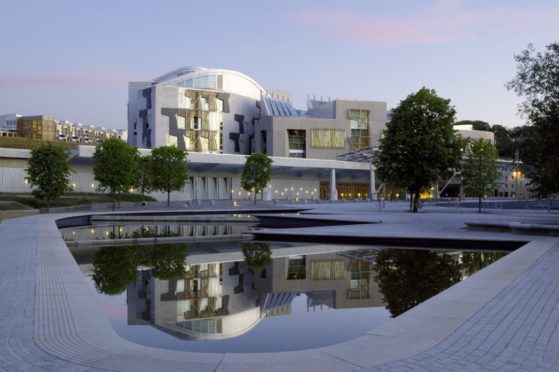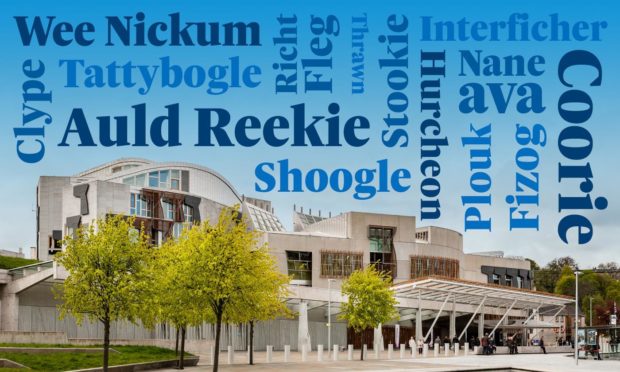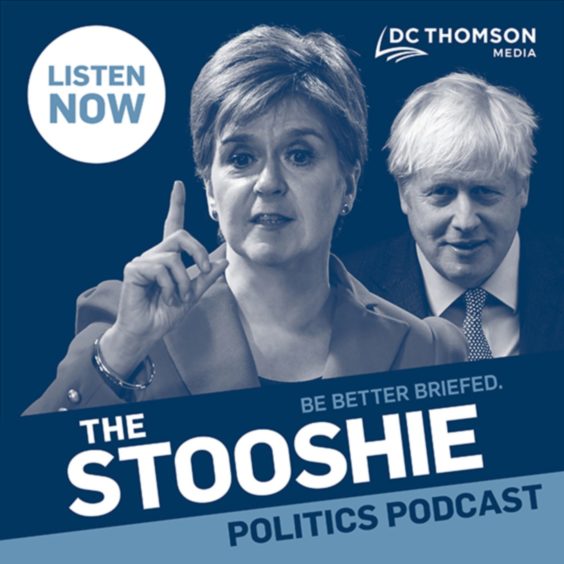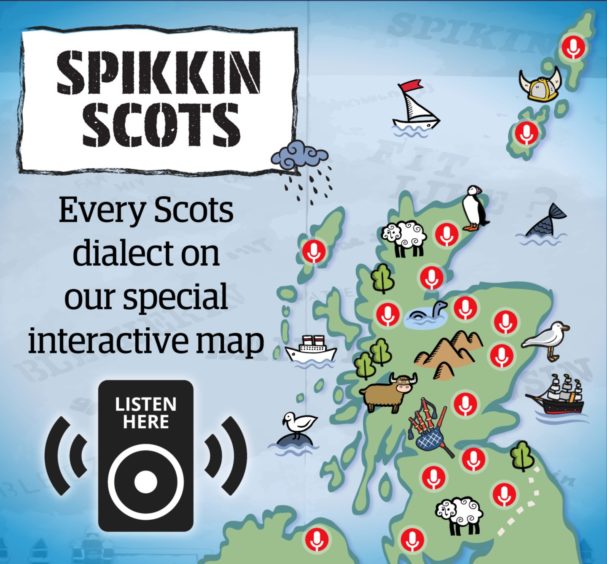A new enthusiasm for folk reclaiming their language roots is behind a drive by campaigners to get politicians to support legislation in Holyrood that would promote the use of Scots in everyday life.
There’s no doubt the Scots language is going through something of a renaissance at the moment.
An Open University course, launched at the end of 2019, has attracted thousands of people to sign up to rediscover or formally learn the language they perhaps spoke growing up.
The Council of Europe formally recognises Scots as a minority language, as does the United Nations’ UNESCO which classes it as “vulnerable” with 1.5 million speakers.
And the Scottish Government has its own policy commitments on the subject, first published in 2015, which says “the Scots language is an essential element of the culture and heritage of Scotland” and promises to develop a national Scots language policy with more support for Scots in education and the media.
Campaigners though want to see more being done now, in the form of a Scots language act similar to the Gaelic language act introduced by the Labour-Lib Dem coalition government in 2005.
“Oor Vyce has been campaiging for a Scots language act, and has been constituted for aroon a year, but there been people fichtin for this cause for several tens of years” explains Iona Fyfe, a Scots language musician and campaigner, on this week’s episode of The Stooshie podcast.
Listen to the full interview with Iona Fyfe on the latest episode of The Stooshie podcast.
“Ultimately we need a Scots language act which puts into legislation that Scots is an actual language and then after that we’re needing something called a Scots language board which would be full of people that are qualified to advice on policies in terms of education, in terms of media as well.”
Raising the Scots language profile in Holyrood
A formal Scots language act, campaigners say, would not only raise the profile of Scots but give it much-needed legitimacy as well – when often it is characterised as the language of working-class or uneducated Scots.

Currently, 35 out of 129 MSPs have signed the The Scots Pledge, an initiative launched before the Scottish parliamentary elections in May for candidates to say they are interested in promoting and protecting the Scots language, and its various dialects like Doric spoken in the north-east.
Among the cross-party signatories are the SNP’s Audrey Nicoll and Kevin Stewart, and the Scottish Conservatives’ Alexander Burnett in the Aberden area; Green MSPs Ariane Burgess in Inverness and Mark Ruskell in Fife; Lib Dems Jane Ann Liston in Mid-Fife and Glenrothes and Liam McArthur in Orkney; and Scottish Labour’s Mercedes Villalba in Dundee.
“It’s difficult to mak sure Scots is on the political agenda, but also mak sure it’s not politicized, because Scots shouldna be one party” says campaigner Iona Fyfe.
“Folk from ah over the political spectrum speak Scots and use Scots.”
Our Spikkin Scots series explores Scotland’s mither tongue. Find out more about our country’s different dialects with our interactive map.


